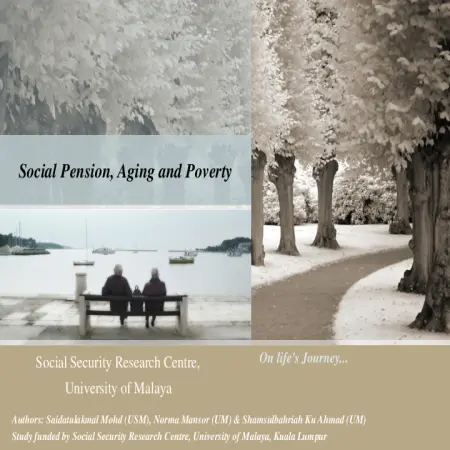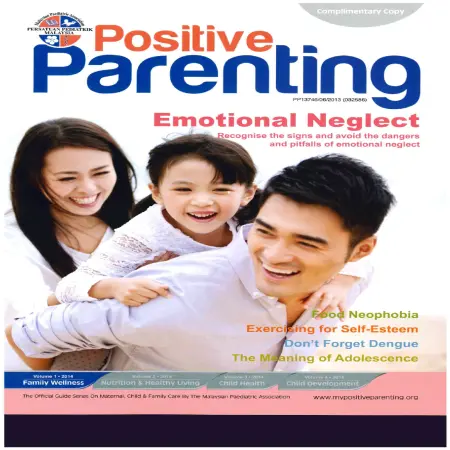Browse by Year
Results for Year : "2014"
|
|
Seminar Antarabangsa Kekeluargaan di Persada Johor pada 13 Februari 2014.
Item Type: Video
Editor:
Year: 13/02/2014
Abstract: Johor College of Islamic Studies (MARSAH) in collaboration with the National Population and Family Development Board (NPFDB), Ministry of Women, Family and Community Development and Johor Bahru City Council (JBCC) took the initiative to organize the International Conference on Family from a Global Perspective to contribute towards development efforts ummah in an integrated manner based on a tajdid approach that takes into account the ideas of ijtihad that are deemed appropriate to be implemented in today’s society. The objective of this conference is to expose issues related to family institutions from a global perspective, explore views related to family issues especially children's rights from an Islamic perspective, explain the position and stance of Islam on family issues that touch on matters related to religion, social, culture, education and so on. In addition, look at the legal provisions related to children in Malaysia and the Southeast Asian region and others. The era of globalization is a century that greatly challenges the integrity of identity and survival of Muslims today, including family institutions. In facing the challenge, Muslims need to plan a futuristic agenda based on the development that will take place in the future. This is in line with the theme of the conference, "Challenges and Future of Islamic Family Institutions". This one-day conference consists of three slots: i) Adopted Children and Illegal Children in Islam ii) Hukum Hakam Related to Marriage in Islamic Family Law iii) Challenges in Islamic Family Issues The main speech in the conference was Honoured Tun Dr. Mahathir bin Mohamad, former Prime Minister of Malaysia. Conference paper presenters include senior lecturers from Institutions of Higher Learning in and outside the country including from Thailand, Brunei Darussalam and Indonesia. The one-day conference was attended by 300 participants consisting of officials from government agencies, non-governmental organizations (NGOs), research institutions, academics, professional organizations and Higher Institutions students.
|
|
|
|
|
|
Social pension, aging and poverty in Malaysia
Item Type: Conference or Workshop Item
Editor:
Year: 00/00/2014
Abstract: The increasing number of elderly in Malaysia calls for a more stringent policy to safeguard the well-being of the elderly. The old age protection such as the pension scheme, Employees Provident Fund and the old age cash assistance although in tact, deemed to be inadequate to eradicate elderly poverty. One possible solution to secure financial protection during old age is through social pension that provides non-labor income for the retirees or elderly with the purpose of preventing or reducing elderly poverty. This paper attempts to estimate the financial cost of social pension scheme and quantify its potential role in reducing elderly poverty in Malaysia. The financial cost of social pension scheme was calculated as a percentage to GDP. By using the 2009 household income expenditure survey, the paper estimated the potential roles of social pension in eradicating elderly poverty. Sensitivity analysis indicated that the cost social pension could be kept at an average of 1.30 percentage of GDP. The 2009 HIES data also indicated that poverty could be eventually be eradicated with social pension while cost of the social pension was kept at reasonable levels.
|
|
|
|
|
|
Sharing responsibilities
Item Type: Article
Editor:
Year: 00/00/2014
Abstract: Traditionally, women have assumed the role of the caregiver, while husbands sought to provide financial support for their families. Society has come a long way since and women are now leaders and working professionals in their own right.
Increasingly, the domain of marriage is becoming a partnership between husband and wife. Household responsibilities and domestic affairs are no longer a one-way street, but are managed together and shared.
|
|
|
|








